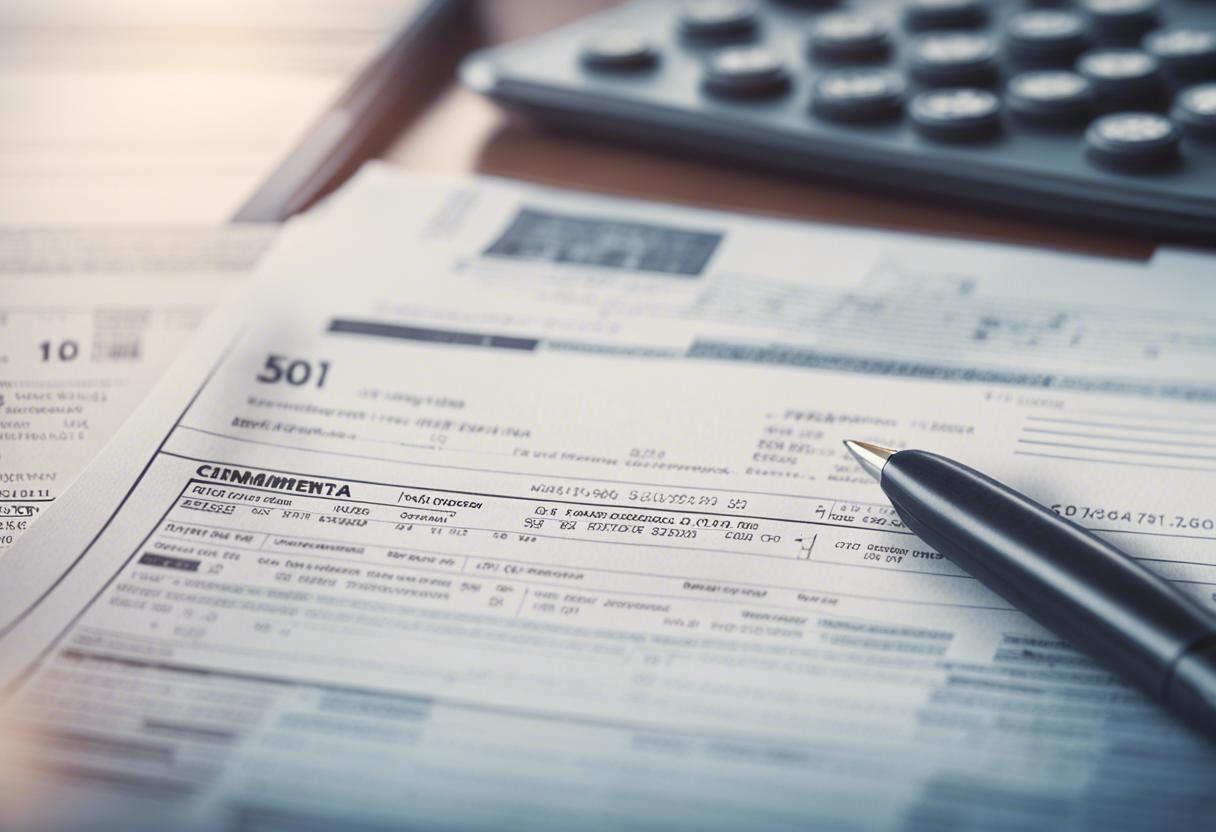The UK government has yet to show agreement regarding a proposed 100% increase in the tax for investment funds that engage in large-scale house buying, however, they have demonstrated a willingness to reassess the stamp duty, according to the Housing Secretary, Darragh O’Brien.
He mentioned that he and Finance Minister Jack Chambers are collaborating on suggestions, though he noted that it would not be suitable to speculate on potential raises at this juncture.
The Fianna Fáil TD’s statement follows a recent report stating that the Minister of State for Finance from Fine Gael, Neale Richmond, claimed his party was keen to hike the stamp duty rate on investment funds’ mass buying of new homes to 20%, marking a double increase from the current rate.
As a guest on the This Week radio programme by RTÉ on Sunday, Richmond stated that the current rate of 10% has had some effectiveness in decelerating bulk buying. Identifying Fine Gael as the “party of home ownership”, he made a case for a hike in the rate to 20%.
The housing secretary accepted that he and Chambers were very much amenable to reassessing the rate. He reiterated that it wasn’t apt to engage in discussions about potential rate adjustments at this time.
O’Brien’s main focus remains to build on the significant strides made in housing production. He expressed a desire to not only uphold, but, if possible, extend the supports for first-time buyers under the First Home scheme and the Help to Buy grant as well.
The housing secretary elaborated on his ongoing dialogues with Chambers and emphasised that, given the tax implications of the stamp duty measure, the Department of Finance would take a lead in this matter, with the decision ultimately being made collectively by the government.
Mr Richmond disclosed his intention to propose raising the existing rate in the next annual budget during his conversation with Finance Minister, Jack Chambers, despite initially rebuffing Sinn Féin’s attempt to inflate the rate. However, conversations with Housing Minister, Darragh O’Brien, about this matter are still pending.
Richmond asserted that institutional funds do have a part to play, but not to the degree currently exhibited evidenced by the fact that up to 600 houses were bought in large quantities throughout the year. Should his proposal fail to make it onto the budget, Richmond plans to introduce it into the Fine Gael election manifesto.
While he didn’t directly respond to questions posed by RTÉ challenging whether his approach was an attempt to exert pressure on Fianna Fáil, he did suggest that he anticipates no discord in the Coalition due to his suggestions.
In response to the scandal following large-scale house purchases on a Kildare housing estate, the government rolled out a 10% rate on bulk buying of at least ten houses. This came into effect in May 2021. The criterion is a single buyer purchasing ten houses or more within a year and excludes apartments.
Despite this, there have been continuous reports of bulk buying, notably in North Dublin. Early in the year, former Finance Minister, Michael McGrath argued a minuscule proportion of housing transactions, less than 1%, fell under the higher rate, suggesting the prevalence was insignificant.
A source from Fianna Fáil expressed some apprehension within the Department of Finance over the new rate increase proposal citing repercussions on companies’ financial health as well as money inflow to Ireland. They also referred to certain controversial incidents like Ryanair acquiring properties to house its staff, indicating potential provocation, even if it deviated from the initial issue the government aimed to rectify. However, they were not opposed to the proposal.

